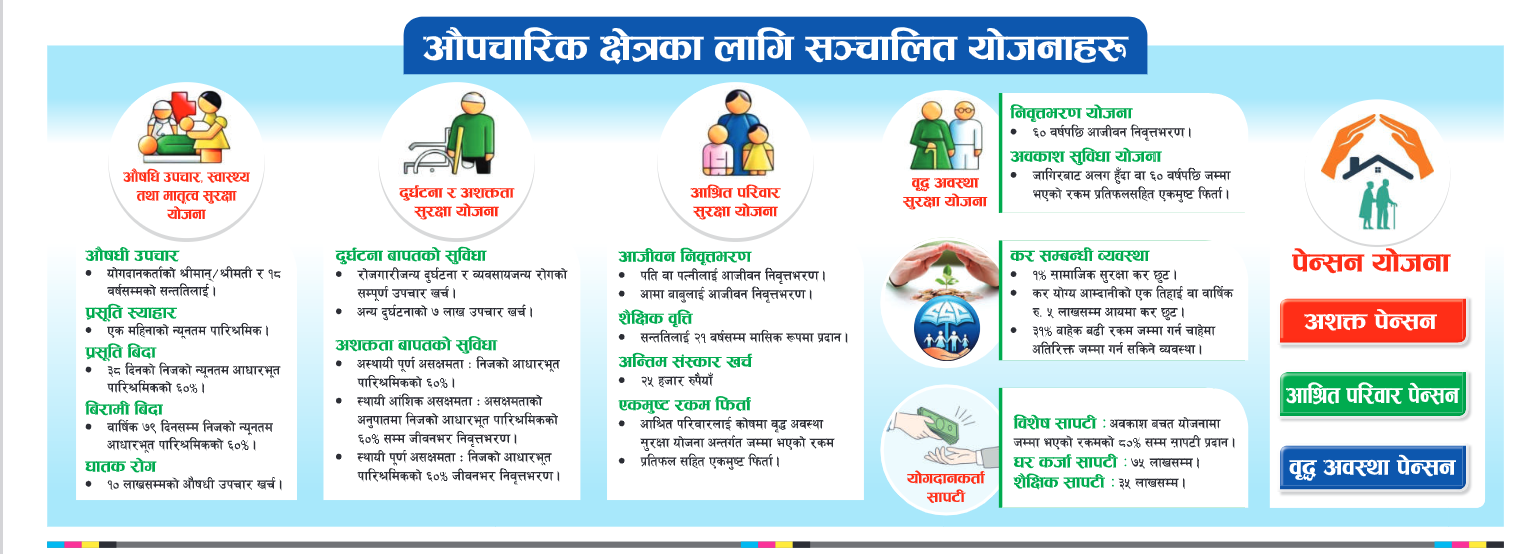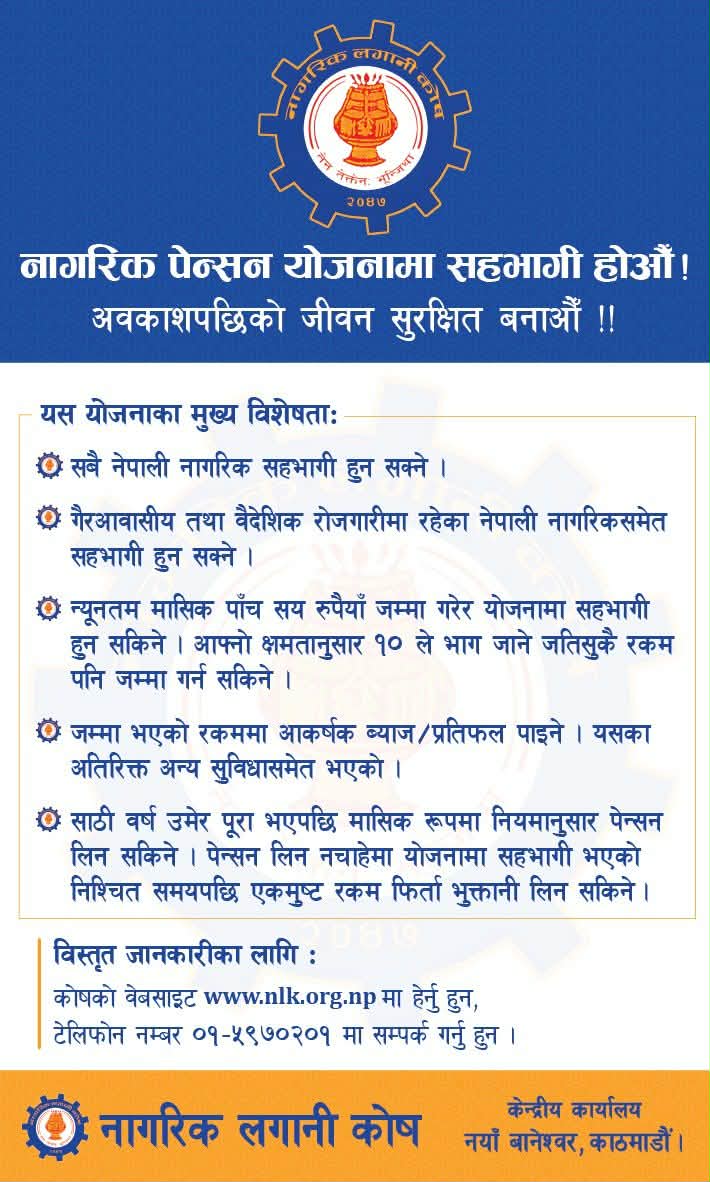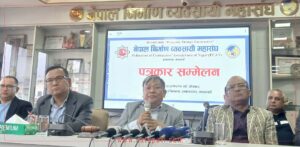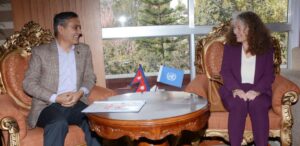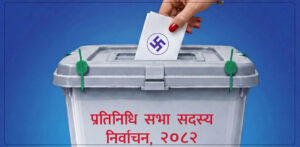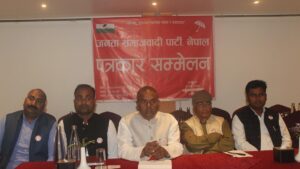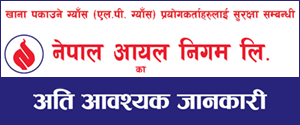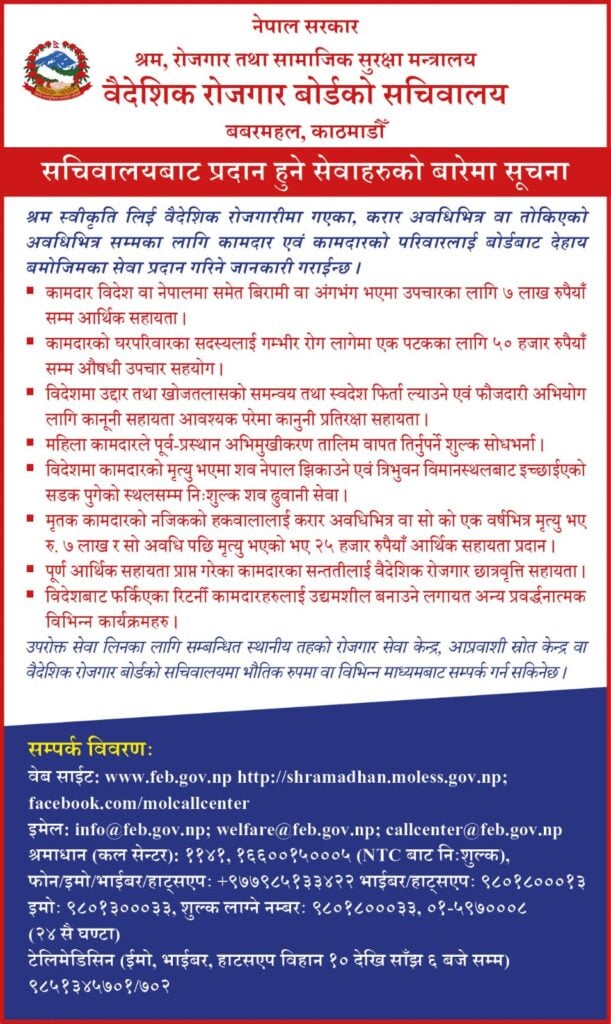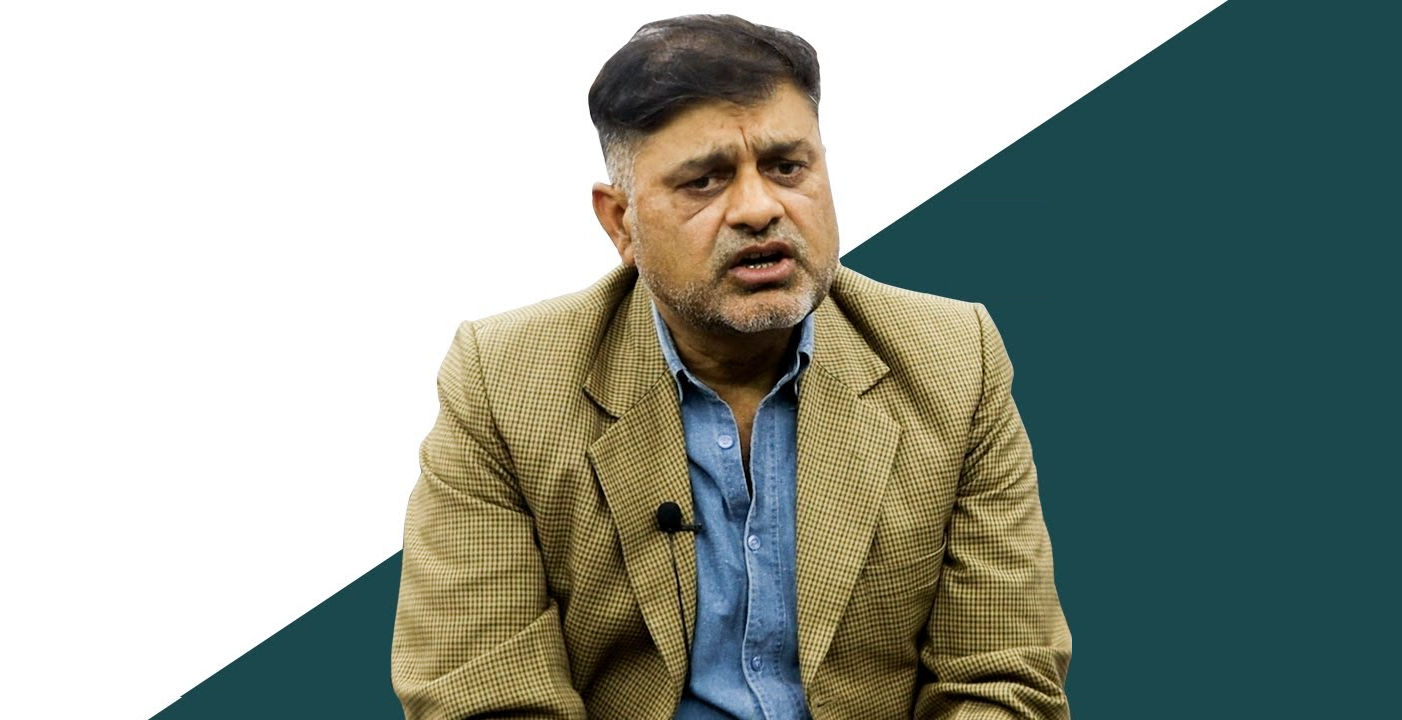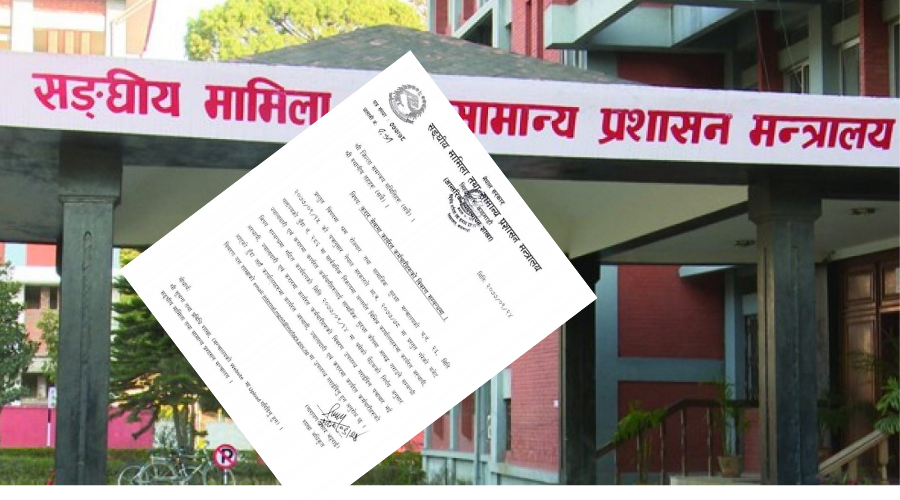A story of a remote village
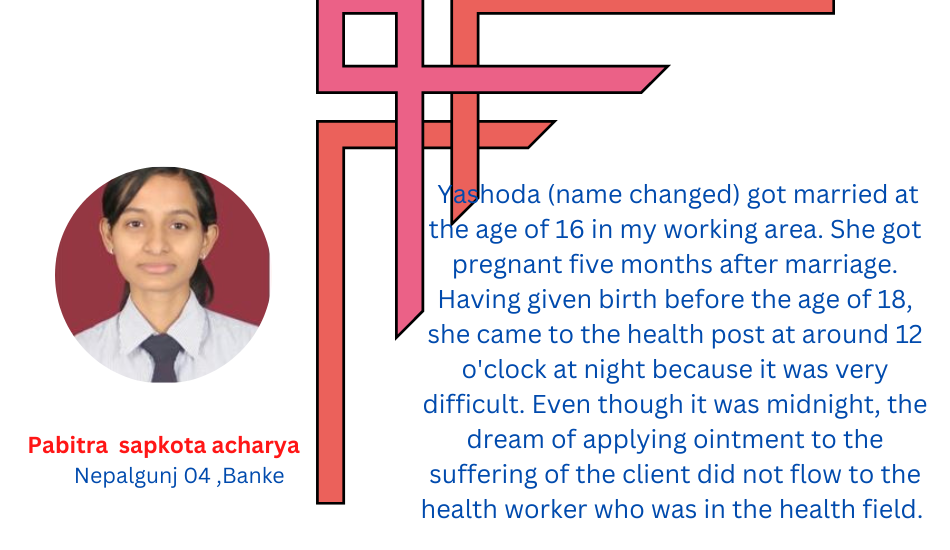
I have dreamed of working in healthcare since childhood. Pursuing my dream, I got an opportunity to serve in the role of incharge of the Khung Health Post in Gaumukhi Rural Municipality of Pyuthan since May 2074.
Advertisement 1
This gave me the opportunity to go to people’s doorsteps and serve and become a companion in health care. People in the village were happy that they could fulfill their hopes and expectations. But alas! While serving, my heart started to feel sad when I heard the words of the sisters who came to take service.
I saw that child marriage and birth rate were high, and malnutrition was rampant because children could not eat their mother’s milk. They were victims of malnutrition coming to the OPD. When I saw that the programs that were conducted for nutrition were fading away, I felt that family planning is the least expensive and most accessible tool for the state to bring happiness to the people by increasing family planning services at a low cost. Yashoda (name changed) got married at the age of 16 in my working area. She got pregnant five months after marriage. Having given birth before the age of 18, she came to the health post at around 12 o’clock at night because it was very difficult. Even though it was midnight, the dream of applying ointment to the suffering of the client did not flow to the health worker who was in the health field. Even though we health worker ANM Usha Subedi and I tried to save her child, she became pregnant at a young age, did not receive care during pregnancy and the condition of the baby in the womb deteriorated and despite our tireless efforts, she had to leave this earth. This incident kept playing in my mind.
Advertisement 2
Being married at a young age and being ignorant of family planning tools, I was saddened that such an incident took place. A few days after the incident, the monthly report meeting was held at Pooja Health Post. At that time there was a vaccination program going on. My eyes went there. A 20-year-old woman came to the vaccination center carrying a two-year-old baby. Another child is growing in her stomach. The reason for poverty is the problem of community. ‘Harek Bar Khana Char’ was the story of ancient for him. Both her children were malnourished. You could tell he was anemic by looking at him. Whose eyes will not shed tears after listening to his sorrows? I thought of reminding but it was hard to get the words out of my lips.
Brainstorming how to solve various such problems, I headed towards my work area. At that time, after finding out that Suntali had a baby in the belly of a daily newspaper, I experienced the incident of suicide at the age of 16 when her boyfriend cheated on her. I thought the family planning tool was distributed free of charge at the health post. Why could not use this tool? Why is there no information? Why are you afraid to use it? I remembered Yashoda and Suntali and another woman who came to vaccinate an unknown child. I was lost in thought. Giving happiness with a small amount means increasing the use of family planning. Its reliable use saves citizens and government costs.
Advertisement 3
The government of Nepal has made abortion services free for up to 12 weeks. Abortion also poses a threat to the mother’s health. On the other hand, manpower and resources are also spent on the part of the state. Instead, when using the family planning tool, the citizen does not have to pay when taking it from the health post, while the state gets the tool at a reasonable price.
Government of Nepal has provided free maternity services from listed institutions. It also provides free antenatal care and provides additional funds to encourage prenatal check-ups and delivery at health facilities. A lot of money has to be spent on nutrition programs and immunization programs, but only if unplanned pregnancies can be prevented, families and the state will save a lot of money. I have experienced that it is wise to provide information about family planning tools. I emphasized on happy and happy life by increasing the rate of use of family planning tools to the women coming to health institutions. After talking to the staff, I insisted on conducting regular mothers’ group meetings. I attended most of the mothers’ group meetings and demonstrated the importance of family planning and the benefits of regular service. Conducted mother-in-law program. In the local school there, I gave health education about family planning, menstruation and adolescent events in coordination with the principal there.
A woman of reproductive age and her mother-in-law could talk openly. The number of people coming for services increased The number of women getting pregnant before the age of 20 is decreasing. The number of unintended pregnancies and due to ignorance decreased. It also reduced maternal mortality and infant mortality. Despite the daily service of condoms, pills and depots among the family planning tools, due to the lack of trained manpower, the number of users was increased by operating a satellite clinic in coordination with the health branch of Gaumukhi Rural Municipality to provide continuous implant services.
Similarly, the youth program was conducted at the health post to educate the youth about the changes and the precautions to be taken. In this way, I did not have to listen to the pain like that of Suntali. When you improve like this, you feel proud of yourself. I am happy that I have been able to play my role as a health worker and now I am much happier than the sisters in the village when they say that they have improved. Celebrating the 8th Family Planning Day with the slogan ‘Equal access to family planning services’ and conducting family planning programs, I am reminded of the work I have done today.
Although child marriage has been eliminated in the capital and educated families, even though there is information about family planning, I am heartbroken by the lack of publicity in remote areas.I remembered how good it would be if a seminar was held at a star hotel in the city, and the plan was made to work with health workers in remote areas for the improvement of villages.









